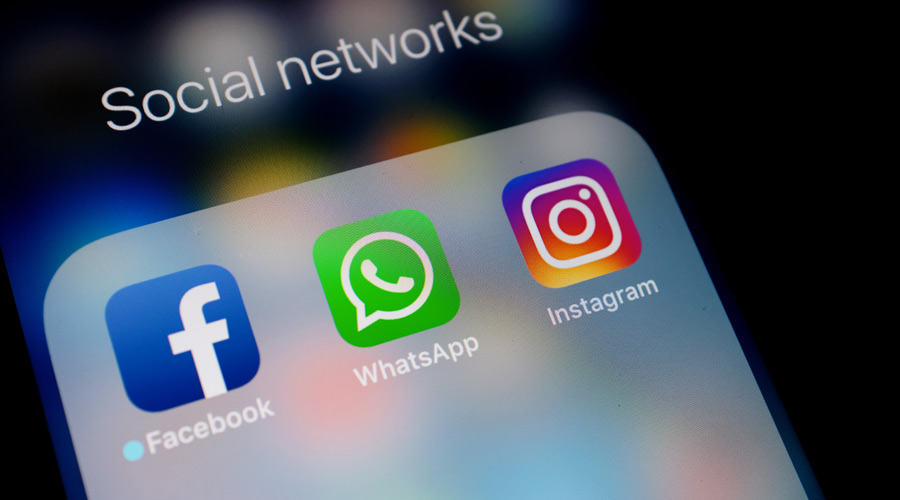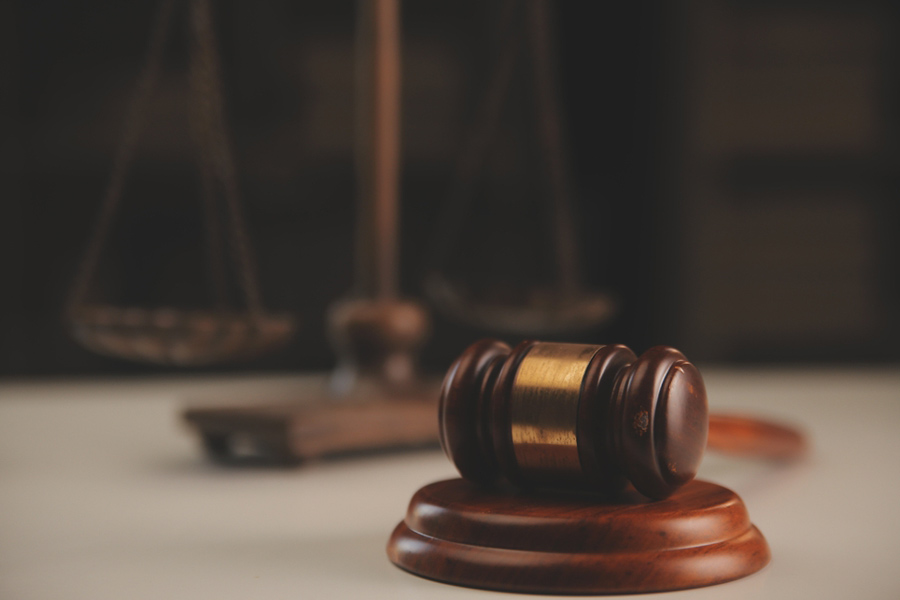A surprisingly large number of people potentially had access to the Pentagon intelligence documents leaked on a social media site in early March, but clues left online may help investigators narrow down the pool of possible suspects relatively quickly, US officials said on Monday.
A series of critical questions hinge on the investigation: not just who took the documents and posted them online, but also why and what kind of damage the release of the material might have done.
“We don’t know who is behind this; we don’t know what the motive is,” said John F. Kirby, the National Security Council spokesman. “We don’t know what else might be out there.” Officials at the White House, the justice department and the Pentagon said little on Monday about the investigation into the leaked materials, which appear to detail national security secrets on Ukraine, Russia and a range of other countries.
While some documents were doctored, those revisions appear to have been made later. Officials have acknowledged that many of the documents are genuine, and they were initially posted on the internet without alterations.
Determining a motive might be difficult in part because the classified material highlighted weaknesses in the militaries of both Ukraine and Russia and could potentially damage America’s ability to collect information in the future. It is possible, former officials said, that the motivation might not have been overtly political, but those questions will be answered only as the investigation continues.
The intelligence materials appear to have been first photographed and then uploaded online, a kind of sloppy procedure that suggests the person leaking the documents probably took few steps to conceal the IP addresses used or the date stamps from photographs, said Javed Ali, a former senior US counterterrorism official who held intelligence roles at the FBI, the Defence Intelligence Agency and the Department of Homeland Security.
A senior US official said hundreds, if not thousands, of military and other US government officials, have the security clearances needed to gain access to the documents.
The official said the Joint Staff instituted procedures last Friday to limit the distribution of highly sensitive briefing documents and restrict attendance at meetings where briefing books containing paper copies of the documents were available. Officials said it was too soon to determine whether the disclosure will hurt US’s ability to collect information inside Russia.
New York Times News Service











